Since the beginning of 2021, some negative buzz on the current “quantum hype” has been steadily growing. It was fueled by contradictory messages: a couple skyrocketing startups funding and valuations (IonQ, PsiQuantum) and a sluggish progress with quantum computing. The confusion is high between some vendors presenting so-called “quantum advantages” and others, if not the same, forecasting “useful” quantum computers in a 10-15 years timeframe. On top of that, many consulting companies and analysts are urging corporations to adopt quantum computing, otherwise their competitors will outsmart them.
You can be easily torn between, on one hand, skepticism on the potential advent of real useful quantum computers, and on the other hand, with putting trust on the many serious and patient scientists and engineers working hard to solve some of the most complex scientific problems you could imagine.
Being embedded in the quantum scientific, entrepreneurial, enterprise and government ecosystems, I found it a bit worrying as overhype and related underdeliveries could cut short long term investments in the quantum field, and not just for quantum computing but also, for examples, for quantum sensing which has much better short term applications.
I tried to lay out the situation in a paper, making comparisons between the current quantum hype and other past and present technology hypes (symbolic AI, IoT, AR/VR, cryptocurrencies/Blockchain/NFTs) and also science hypes (nuclear fusion, genomics).
I then inventoried some specifics of this quantum hype, which is characterized by a very high scientific uncertainty whereas many other technology hypes were related to technology, economical and societal uncertainties more than scientific ones. Quantum technologies and particularly quantum computing are particularly hard to fact-check and it demands very specific skills that can’t be acquired in a click or Tiktok videos. It is even harder to figure out whether creating some useful quantum computing is more a scientific or engineering challenge. I uncover how the quantum vendor scene including well-funded startups and the “IGAMI” (IBM, Google, Amazon, Microsoft, Intel) is driving a structural change on how fundamental quantum research is undertaken, organized and communicated, mostly at the expense of public research labs.
At last, I list some proposals of actions that could be undertaken by quantum ecosystems to mitigate the most negative impact of this quantum hype. It deals with education, shared benchmarking methodologies, transversal projects coordination, vendors communication and fact-checking. All-in-all, it is about putting in place a responsible innovation approach, putting serious science and society at the center of debates.
This is (documented) food for thoughts and debates! Feedbacks welcomed!
You can download this paper here or with clicking on its first pages below.
This is v3, dated February 10th, 2022. v2 incorrectly stated (with an incorrect source) that Scott Aaronson was behind the Quantum Bullshit Detector 2019-2021 Twitter account.
I published the paper on arxiv to make it broadly accessible by the quantum scientific community. I also created abridged versions of the essay in English and in French.
![]()
![]()
![]()
Reçevez par email les alertes de parution de nouveaux articles :
![]()
![]()
![]()


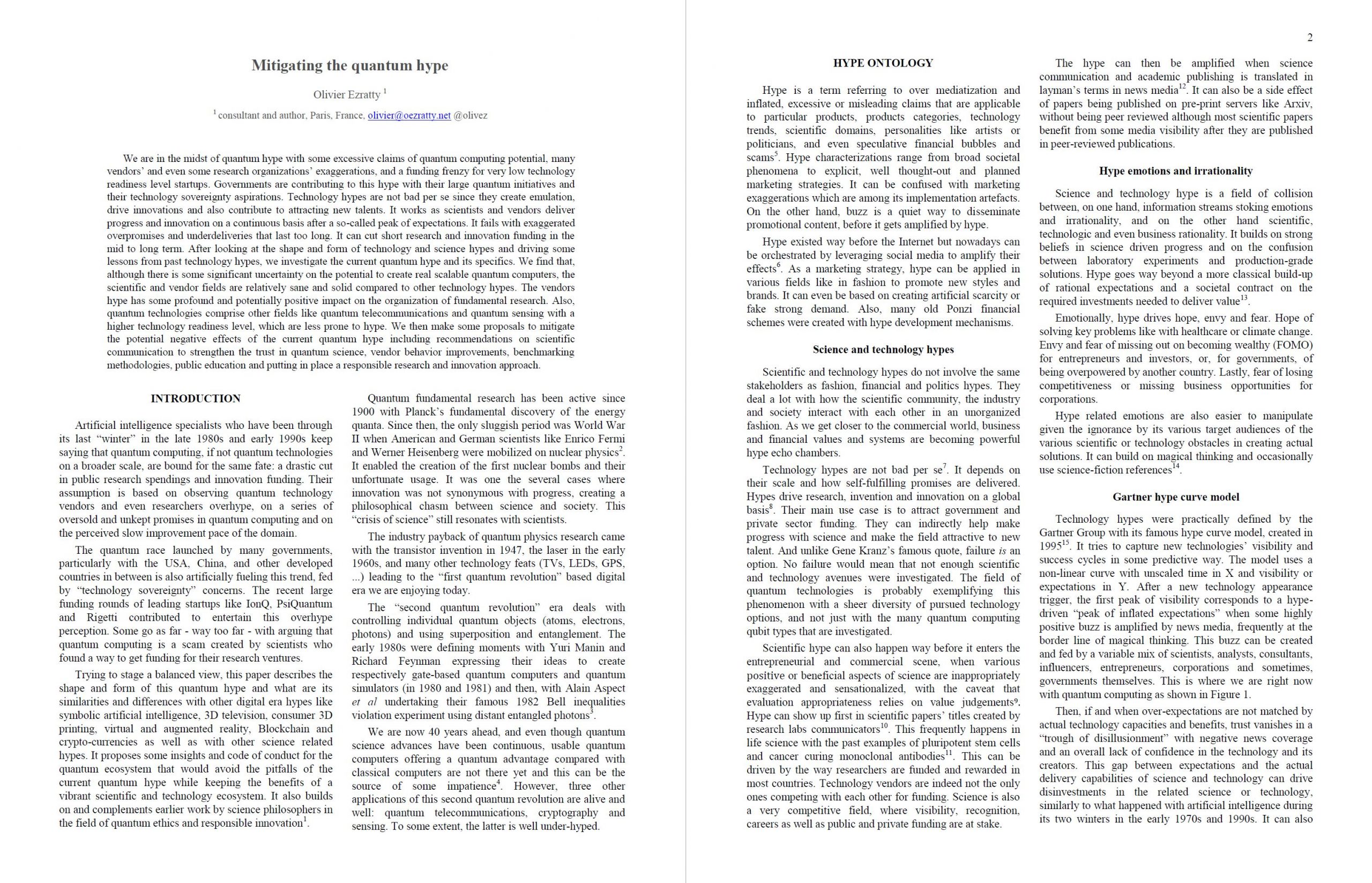
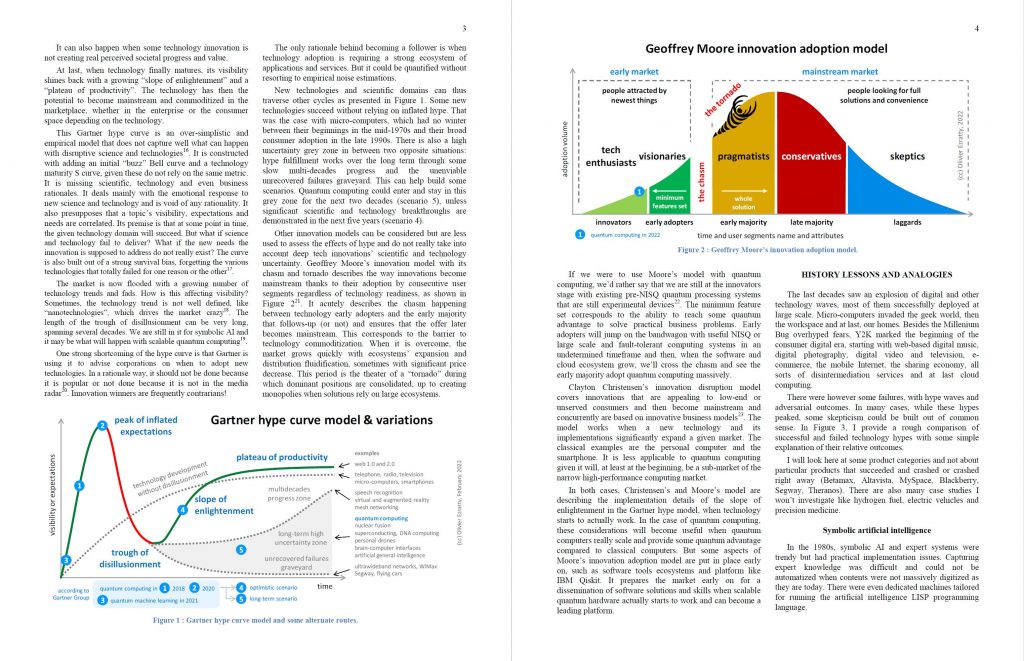
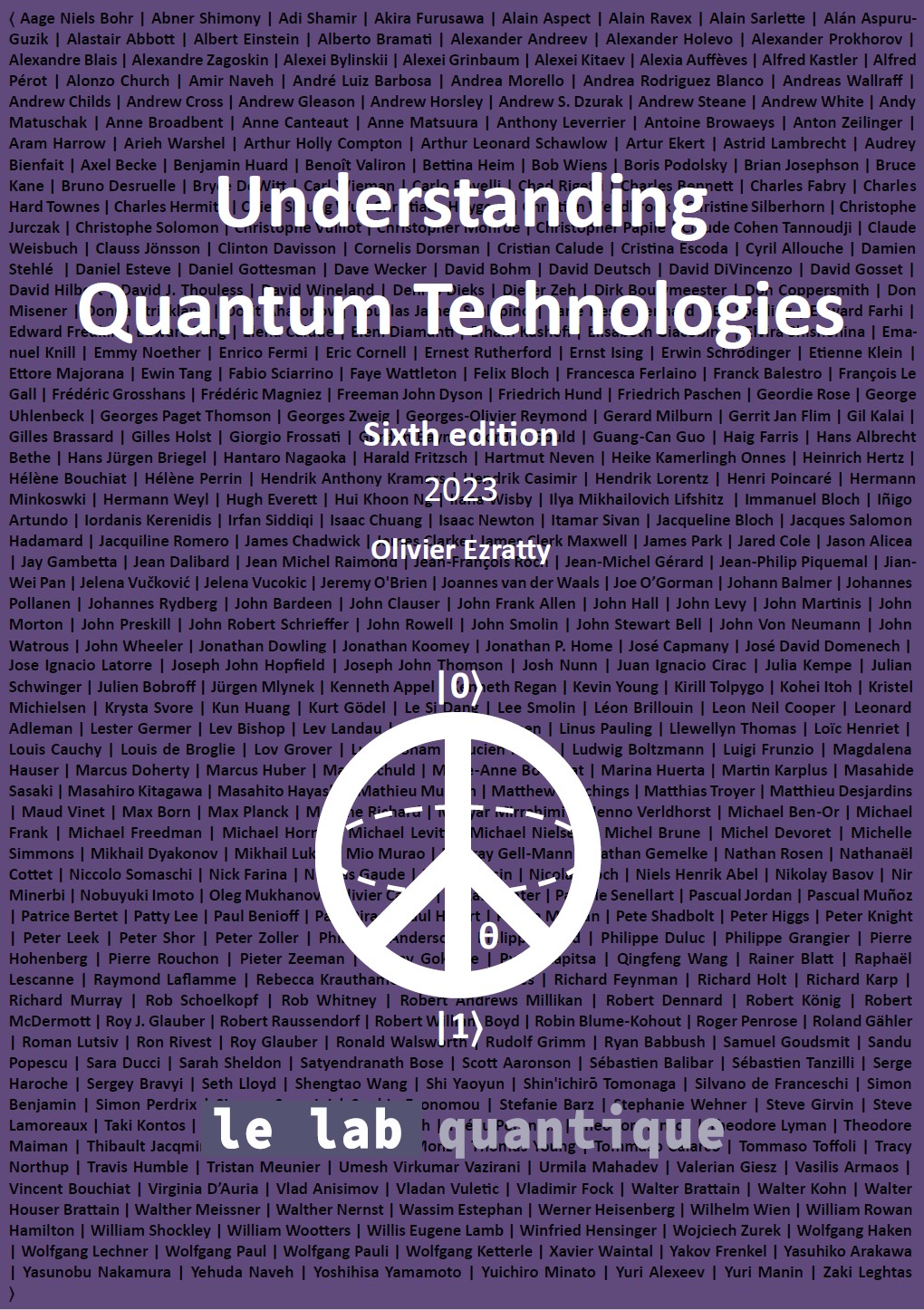
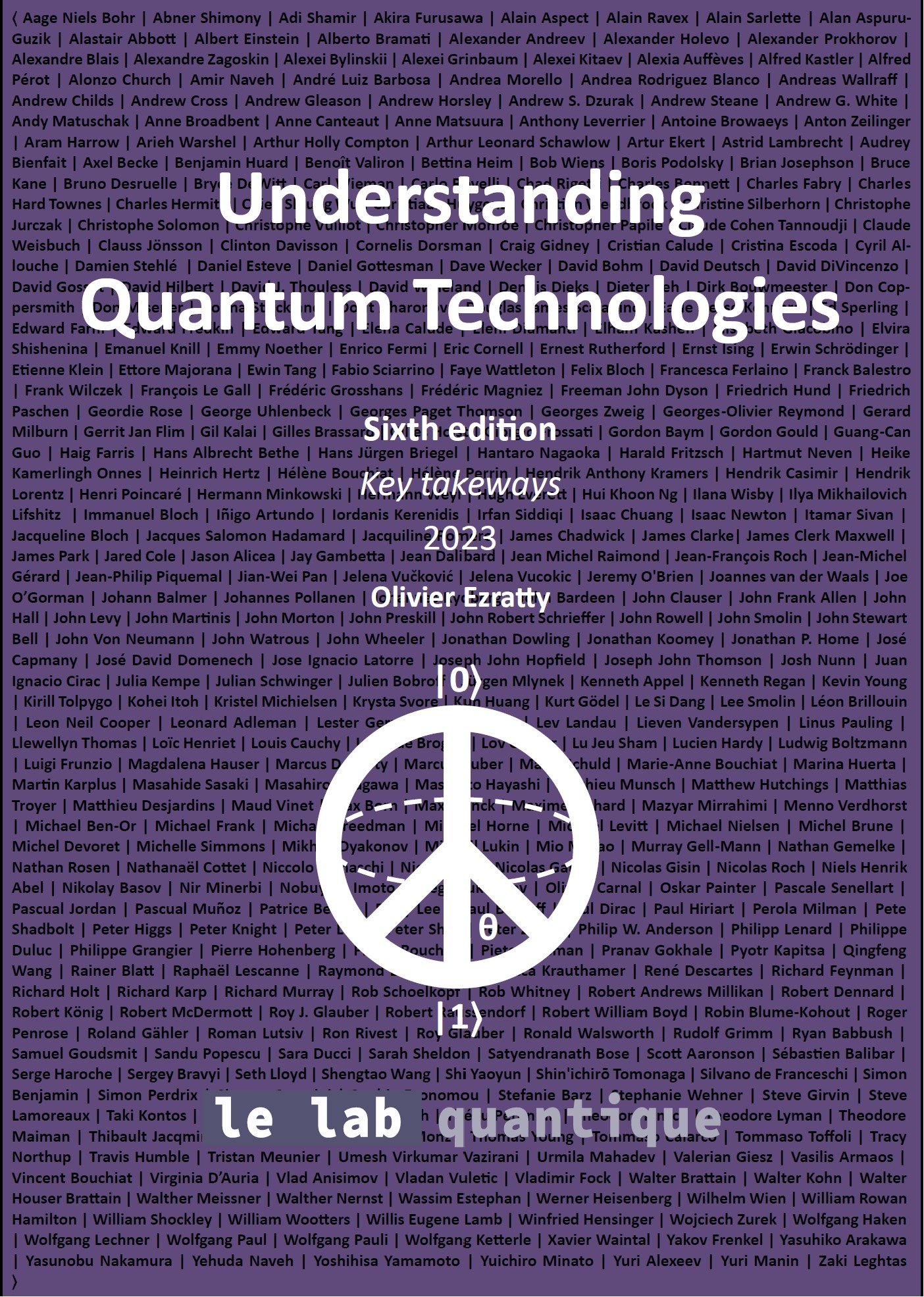
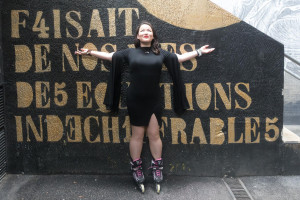
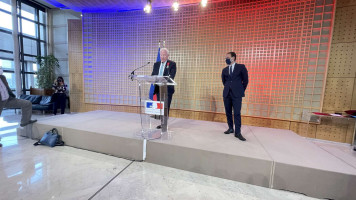
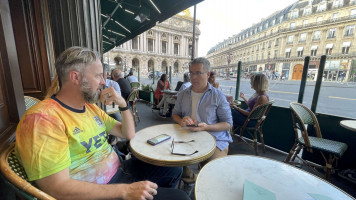
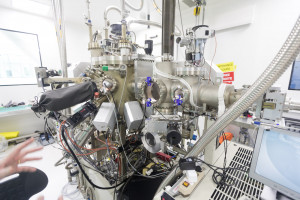
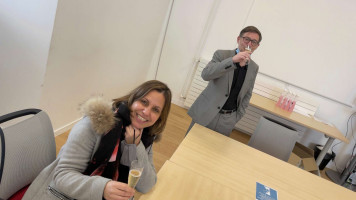

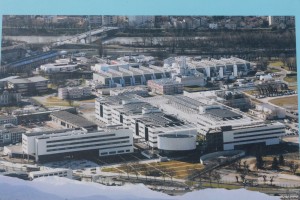

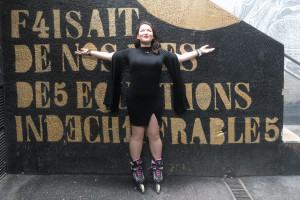
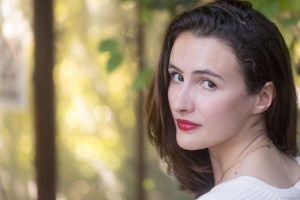
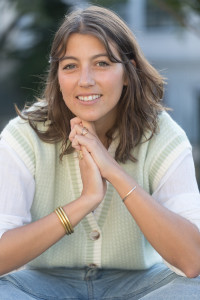
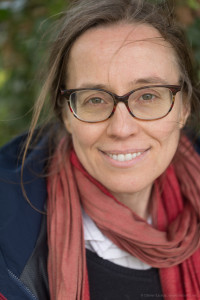
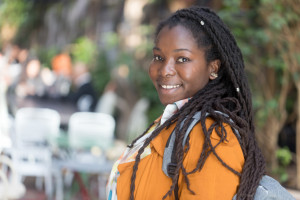
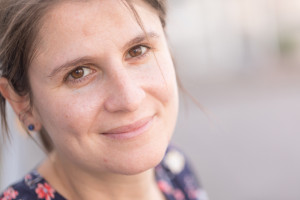
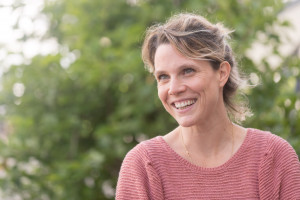
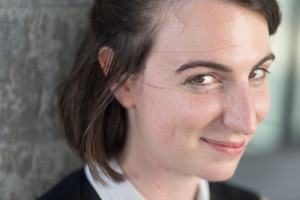
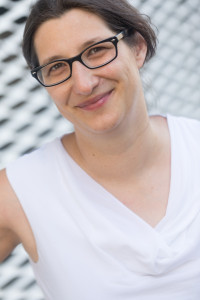
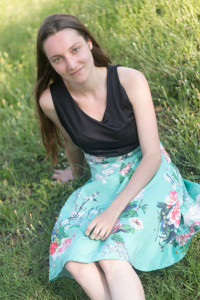
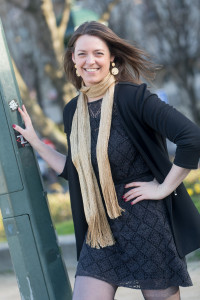
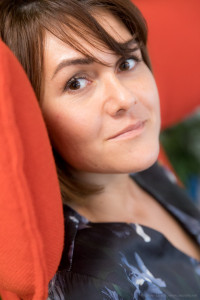
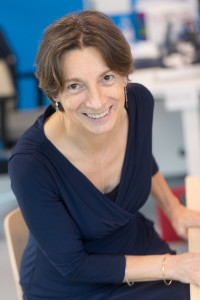
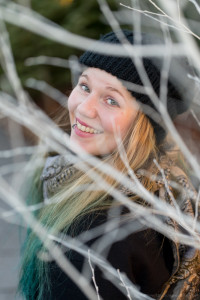

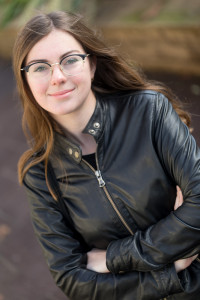
 Articles
Articles